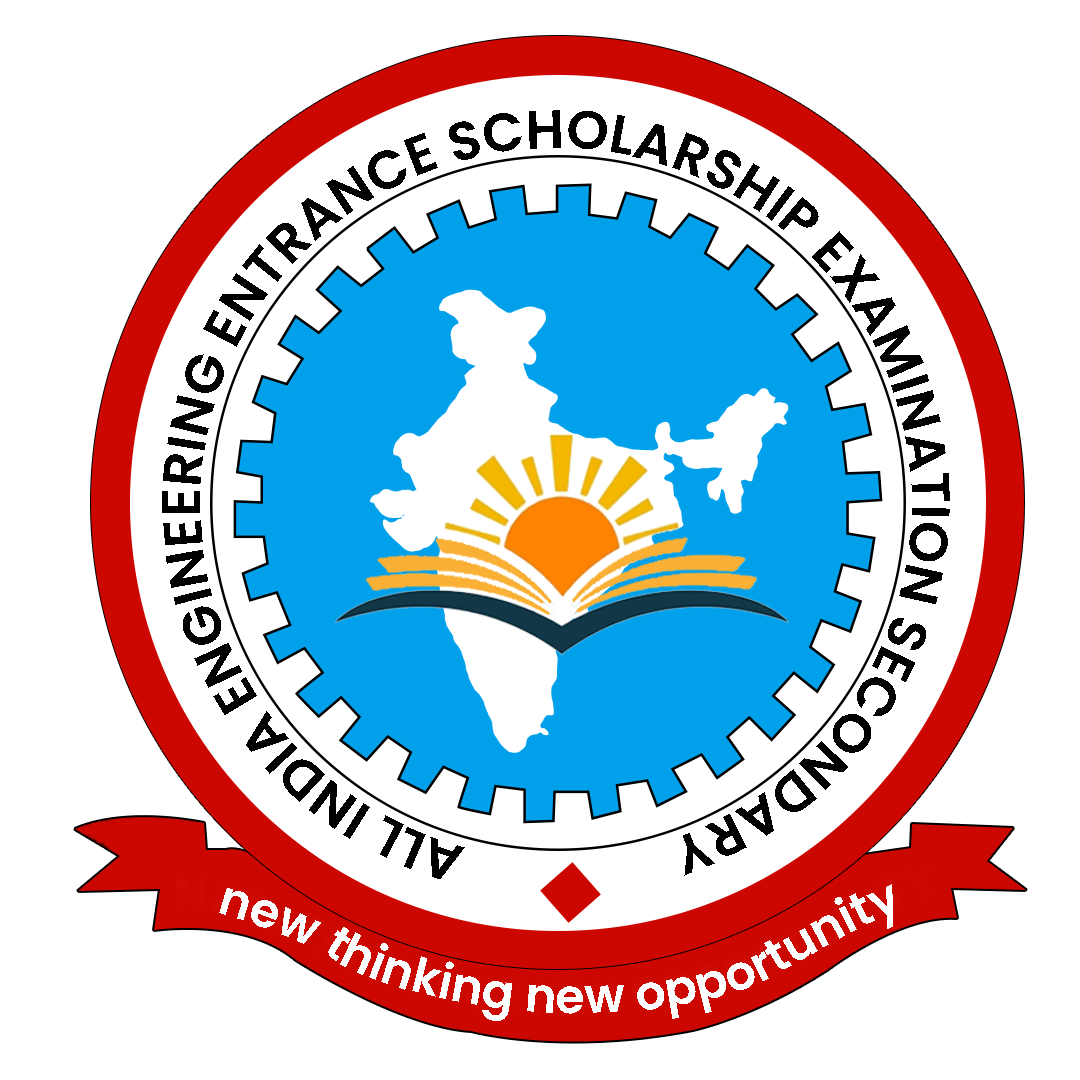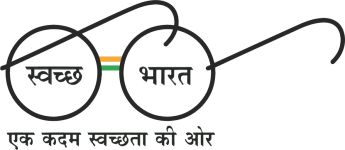Electrical Engineering is one of the core branches of engineering. The wide application of electronics in controlling and protecting electrical equipments and systems has led to a new branch in Engineering-Electrical & Electronics Engineering. Graduate Engineers in this discipline will be involved in the design, analysis, testing, installation, maintenance, security and operation of power related equipment and systems, across industries. Electrical engineering is a field of engineering that generally deals with the study and application of electricity, electronics, and electromagnetism. This field first became an identifiable occupation in the latter half of the 19th century after commercialization of the electric telegraph, the telephone, and electric power distribution and use. Subsequently, broadcasting and recording media made electronics part of daily life. The invention of the transistor and, subsequently, the integrated circuit brought down the cost of electronics to the point where they can be used in almost any household object.
Electrical engineering has now subdivided into a wide range of subfields including electronics, digital computers, engineering, telecommunications, control systems, RF engineering, signal processing, instrumentation, and microelectronics. The subject of electronic is often treated as its own subfield but it intersects with all the other subfields, including the power electronics of power engineering. Electrical engineers typically hold a degree in electrical engineering or electronic engineering. Practicing engineers may have professional certification and be members of a professional body. Such bodies include the Institute of Electrical and Electronic Engineers (IEEE) and the Institution of Engineering and Technology (IET).
Electrical engineers work in a very wide range of industries and the skills required are likewise variable. These range from basic circuit theory to the management skills required of project manager. The tools and equipment that an individual engineer may need are similarly variable, ranging from a simple voltmeter to a top end analyzer to sophisticated design and manufacturing software.
Job Opportunities:
UPSC, GATE, NTPC, DRDO, PGCIL, SAIL, BHEL, NPCL, NHPC, BEL, ECIL, DMRC, DVC, Electricity Board, Indian Railway, Hydro Power Plant, Thermal Power Plant, ESSAR, BOSCH, Mahindra, L&T, Vedanta, Ashok Leyland, etc. You can get a minimum salary package of 9-10 Lakh annually.
For any further assistance:
Helpline Number: +91-9220909811
WhatsApp: +91-9220909812






